It’s easy to get overwhelmed by all the news regarding coronavirus as it seems like the non-stop cycle is at its peak. However, any other news seems like a breath of fresh air, especially when it involves cute animals. Sheldrick Wildlife Trust recently shared an adorable (albeit a little tragic) post about a baby zebra they rescued. With 12K likes and 1.5K shares, it certainly caught people’s attention. In the Facebook message, the conservation detailed a rescue operation where they saved a beautiful zebra foal who, unfortunately, lost his mother to a pride of hunting lions.
Bored Panda reached out to Sheldrick Wildlife Trust for additional information and they kindly provided more details on the story, as well as some background on who they are and what they do.
“The Sheldrick Wildlife Trust is a not-for-profit and one of East Africa’s oldest and pioneering conservation organisations that has worked for the protection and conservation of wildlife and wild habitats in Kenya for over 40 years,” Amie, Sheldrick Wildlife Trust’s representative, explained. Amie also detailed how they use innovative and proven solutions to prevent wildlife poaching, human-wildlife conflict, habitat destruction, and drought.
More info: sheldrickwildlifetrust.org | Facebook
Not too long ago, Sheldrick Wildlife Trust shared a post about one of their rescues, Diria
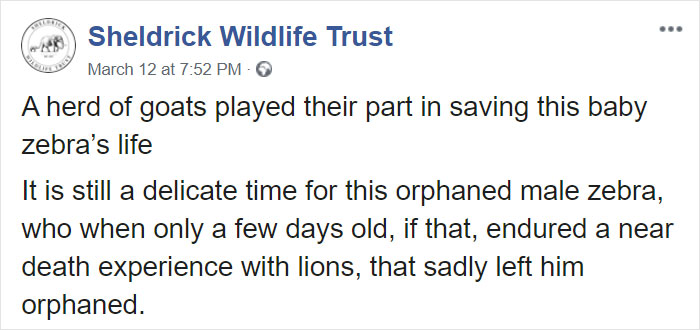
As for Diria, the representative said that most of the information they have on the foal they put into the Facebook post. “We don’t have any further updates at this time other than a roster of experienced keepers continue to care for him, which includes providing milk feeds, ensuring he has a warm stable to sleep in at night, and a protective ‘mother’ presence during the day,” she told us.
Most people, however, were quite intrigued by the images attached to the Facebook post, showcasing keepers wearing suits adorned with zebra-stripe patterns. There’s a very good reason for such attire, Amie explained:
“Baby zebras (called foals) need to be able to recognise their mother from birth to survive. To learn its mothers stripes, a mother zebra will often separate herself and her baby from the herd so that the baby can imprint—essentially recognise and follow her coat, smell, and call. Once the calf can identify its mother, the duo will return to the herd.”
“In the wild, calves will be raised by their mother alone, but at our Reintegration Unit, it isn’t practical for a single individual to hand-raise Diria should they go on annual leave. Therefore, to avoid this fragile new-born imprinting on one person, our Keepers don a specially made striped coat that Diria will recognise as his ‘mum,’ regardless of who is wearing it. A team of caregivers can give Diria the specialist 24/7 care he needs to give him the very best chance of survival.”
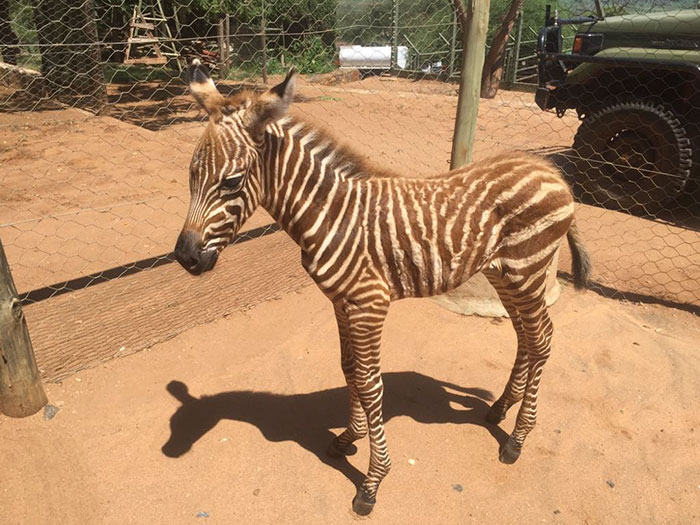
Image credits: Sheldrick Wildlife Trust
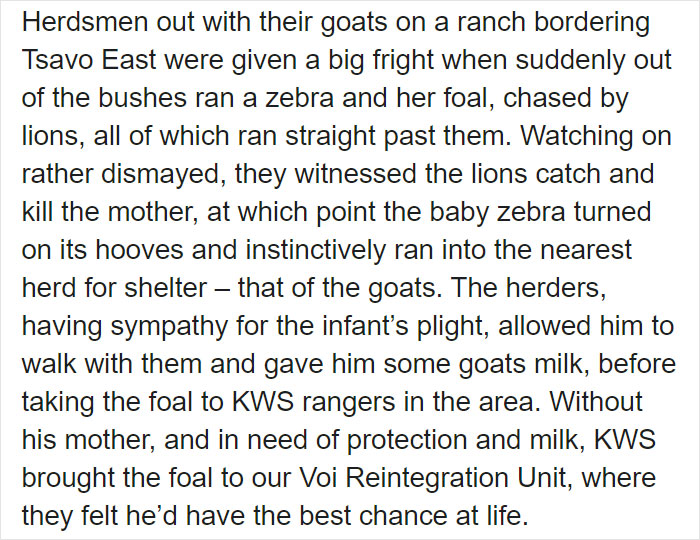
When asked how people can help animals like Diria, Sheldrick Wildlife Trust representative also encouraged people to donate:
“We know that during these uncertain times, it can be really difficult to consider donating to charity and conservation given the virus that is dominating the news right now. But our mission is to continue to protect and preserve wildlife in Kenya and in practice, that means caring for individuals like Diria, which is wholly funded by donations. During these worrying times, we will need support more than ever to ensure that our activities continue. If anyone can’t donate, we completely understand and following us on social media would be amazing. We aim to continue to share all the success stories from the field made possible thanks to our supporters, many of which are feel-good.”
You can donate to their cause by clicking here.
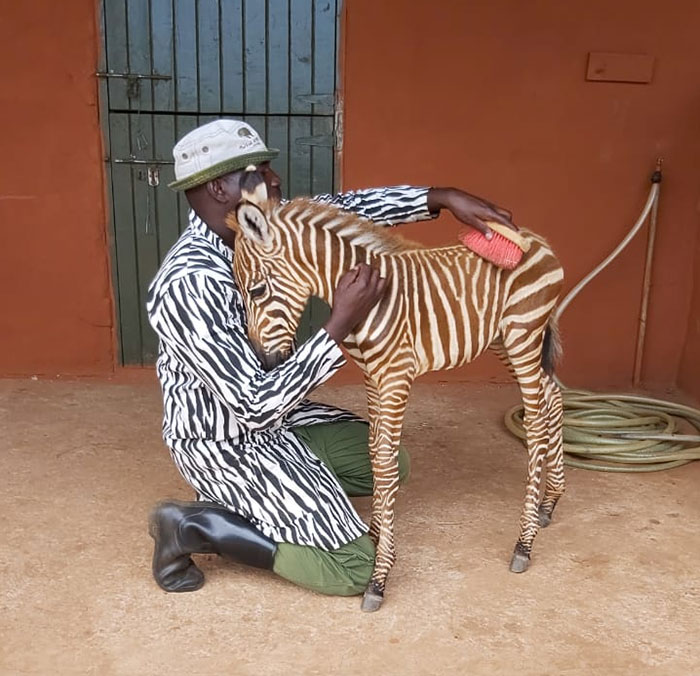
Image credits: Sheldrick Wildlife Trust
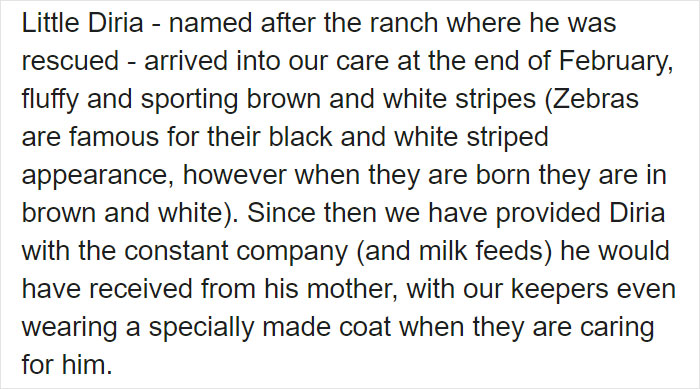

Image credits: Sheldrick Wildlife Trust
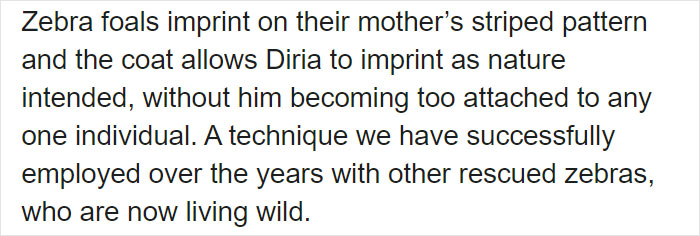
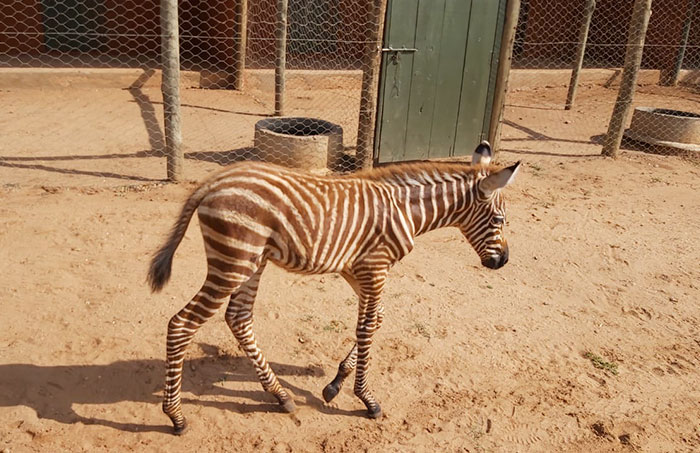
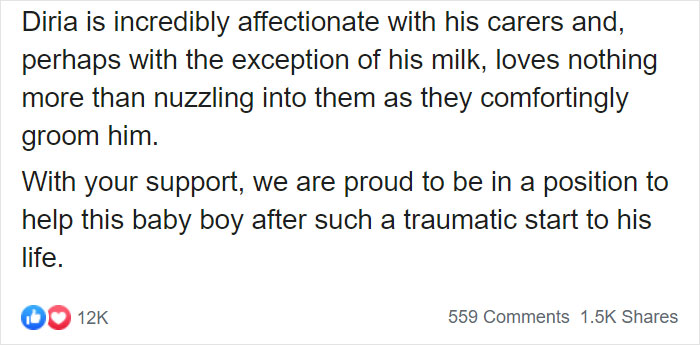
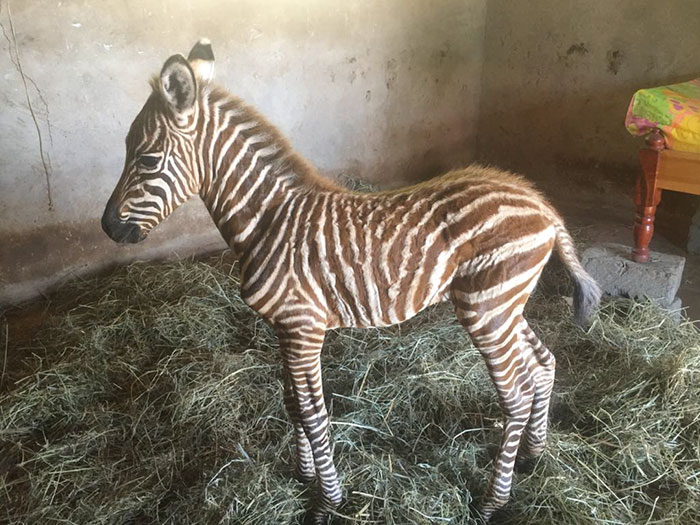
Image credits: Sheldrick Wildlife Trust
Here’s what people online had to say about the story










from Bored Panda https://ift.tt/2QF8vSd

No comments:
Post a Comment